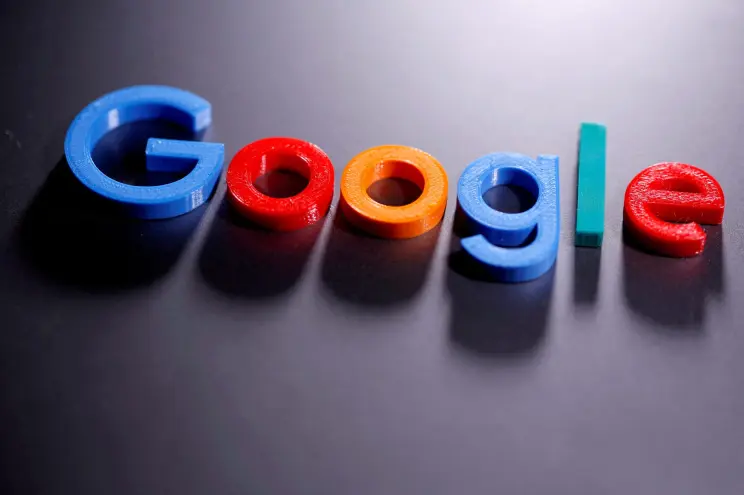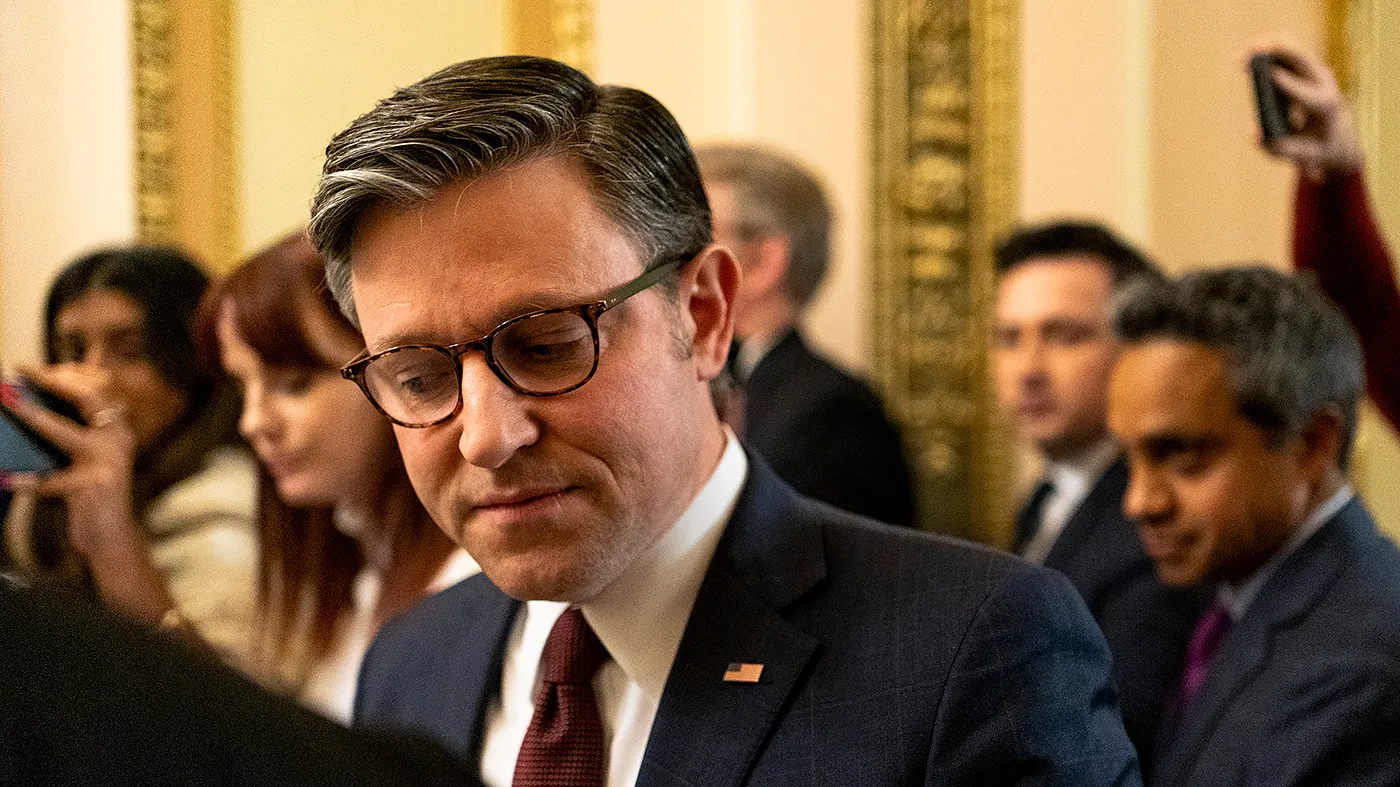While the focus has been on Twitter and Facebook’s censorship and liberal bias, the worst Big Tech culprit of all has been getting a free pass — and now it’s coming for our children.
That’s the warning from research psychologist Dr. Robert Epstein, a Californian Democrat with a Harvard Ph.D, who has spent the last decade monitoring Google’s manipulation of newsfeeds, search results and YouTube suggestions.
He shared his latest research with The Post when he was in New York this week to raise donations for the next stage of his project.
Epstein’s research shows that Google has the power to change minds and move elections to suit its liberal corporate worldview.
And despite regular protestations of innocence to Congress, the $1 trillion multinational tech giant is using its virtual monopoly as a search engine to elevate liberal views, stifle conservatives and manipulate the impressionable minds of our children.
Shifting 6 million votes
You thought Twitter and Facebook censoring The Post’s Hunter Biden laptop stories was bad?
How about 6 million votes shifted to Joe Biden by Google in the 2020 election by manipulating what we read and see online?
That’s the electoral impact Epstein, 69, claims Google secretly had in 2020, using biased algorithms which skewed search results towards positive links for Biden and negative links for Trump, as well as Get Out The Vote messaging on Google’s home page targeted primarily at Democrat voters.
Preliminary results from Epstein’s new project, monitoring how Google’s massive psy-op is targeting children through YouTube and other products, show liberal bias is even more pervasive.
For instance, he found that YouTube’s “Up Next” suggestions to adults for the next video to watch were biased towards liberal sources 76% of the time.
But for children and teens, initial data from the past three months shows the percentage of suggested videos on YouTube which come from liberal sources is 96%.
“That’s how aggressive they are with our kids,” he said this week. “Because they think they’re gods. And no one has ever taken them to task, ever.”
He did not evaluate the content of the suggested videos but used an average ranking from three nonpartisan organizations which measure media bias to assign liberal, conservative or centrist labels to the sources of the videos.
Out in the wilds of cyber space just 38% of video sources are liberal. The rest are conservative or centrist. But YouTube wildly skews its content in favor of the minority viewpoint.
While Epstein can’t tell you what exactly is in the videos being promoted to children, it’s not hard to guess the sorts of toxic woke ideas being pushed, thus normalizing the abnormal and rendering wholesome childhood fare the outlier.
The problem for the average person trying to guard against the manipulation is that you can’t catch Google in the act because its search results or YouTube suggestions are “ephemeral,” meaning they disappear once you click off onto one of the links provided, and can never be recovered.
It really is the perfect crime.
Capturing data
But Epstein has developed a way to capture that ephemeral data by effectively “looking over the shoulders” of real users, whom he calls field agents.
He now has 7,566 registered voters in all 50 states, who have given him permission to monitor and record their every Google interaction, in much the same way that Nielsen monitors TV ratings.
More recently he has added 1,600 children, aged 5 to 17, and has big plans to expand his panel to more than 25,000 field agents of all ages and political bents.
He says the best way to stop Google is to expose what they do, so he has built a public dashboard which he hopes will go live later this year at americasdigitalshield.org, in time for the 2024 election.
It will feature live tracking of bias on Google, YouTube, Facebook and Bing using real time data from his field agents across the country.
It also will show how many estimated votes would be shifted based on the level of bias.
Moderate Republicans are the most susceptible to having their minds changed, he says.
Before the 2020 election Google CEO Sundar Pichai promised Congress: “Google does not modify any products, including Search, to promote a particular political viewpoint . . . [We] will not do so for the upcoming 2020 presidential election.”
But he’s not fooling anyone. In terms of motive, Google is renowned for its liberal bias.
You can see that in political donations by employees of Google, YouTube, and other subsidiaries of parent company Alphabet which went 94 percent to Democrats in 2016.
Hillary Clinton’s largest donor was Google/Alphabet.
Google’s boss of almost two decades, the $25 billion man, Eric Schmidt, played a crucial role in Hillary’s campaign, as emails released by Wikileaks showed.
He also was Barack Obama’s 2012 campaign tech adviser. Obama’s analytics director, Elan Kriegel, told psmag.com that he credited that tech team for up to half of Obama’s four point winning margin in 2012: nearly 2.5 million votes.
A leaked video of a Google executive meeting after the 2016 election gives an insight into the extreme partisan mindset of co-founders Larry Page and Sergey Brin, CEO Sundar Pichai, and other bosses lamenting Trump’s win and vowing to do better next time.
Conflicting values
Brin brands Trump supporters “extremists” and says the election outcome “conflicts with many of [Google’s] values.”
In a portent of censorship to come, Pichai says “investments in machine learning and AI” are a “big opportunity” to address what another employee describes as “misinformation” shared by “low-information voters.”
CFO Ruth Porat promises Google will “use the great strength and resources and reach we have to continue to advance really important values.”
Leaked emails after the 2016 election also indicated Google had a get-out-the-vote effort with Hispanic voters in swing states in an effective in-kind contribution to the Hillary Clinton campaign.
More leaked emails, published by the Wall Street Journal, show Google employees in 2017 discussing ways to tweak search functions to change people’s views about Trump’s travel bans, including prioritizing pro-immigration organizations “to donate to” and “actively counter Islamophobic . . . results.”
Google subsequently claimed it did not follow through with the plan.
But there is no doubt Google’s culture is monomaniacally liberal and that Google executives have shown a willingness to use the power of their algorithms to intervene in elections to change voters’ minds on a massive scale.
There is no reason to think it won’t happen again in 2024. Only Epstein is standing in the way.




